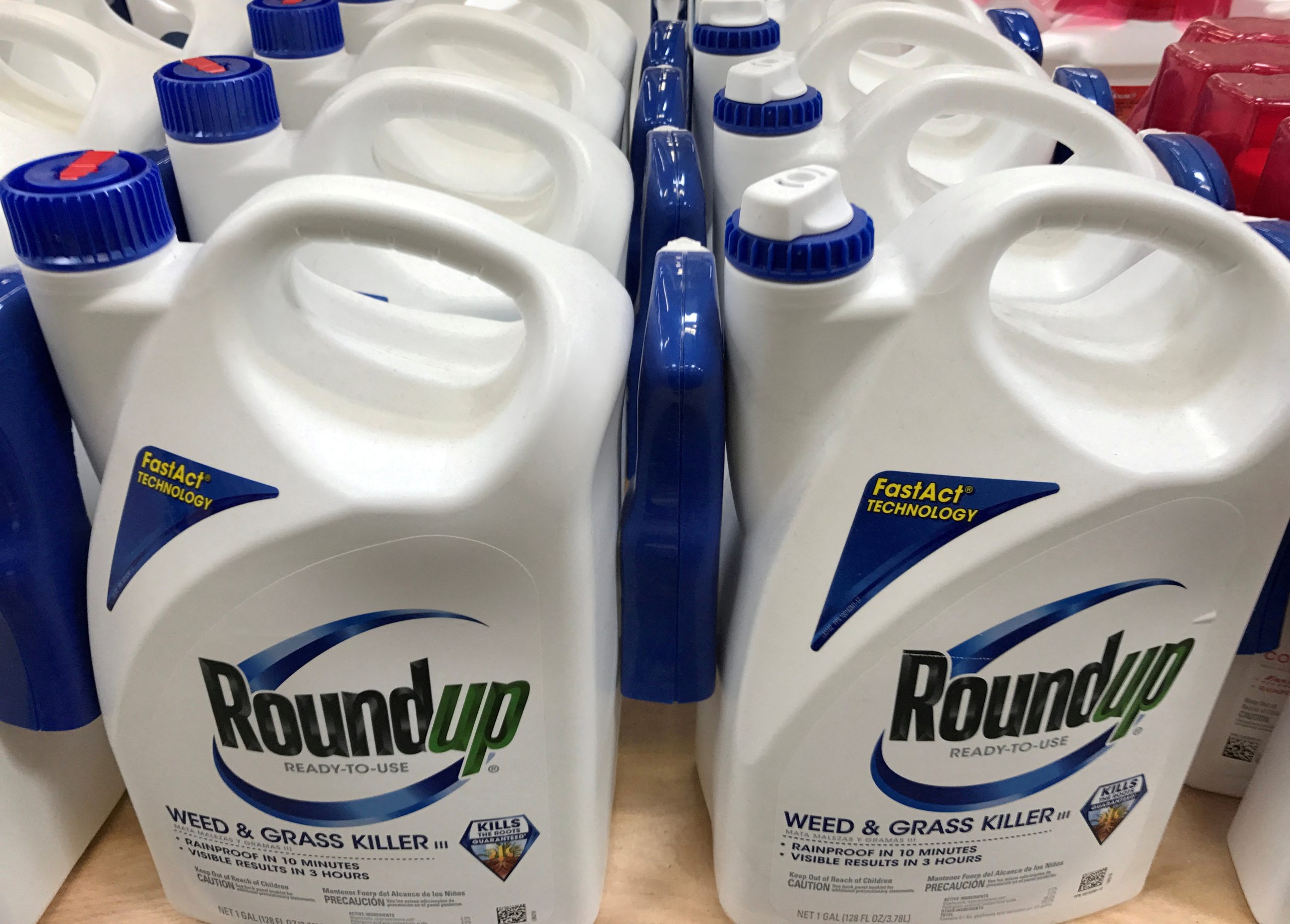
Lauren Dempsey, MS in Biomedicine and Law, RN, FISM News
[elfsight_social_share_buttons id=”1″]
A recently published CDC report found traces of glyphosate, a key ingredient in the weed killer Roundup, in 80% of the participants involved in the survey. Numerous studies and court rulings in recent years have linked the herbicide to cancer and other illnesses.
The National Health and Nutrition Examination Survey included 2,310 urine samples taken from children and adults in 2013 and 2014. In all, researchers found 1,885 of the samples to have detectable traces of glyphosate. The survey included the test in order to gather data to better understand how exposure to glyphosate is linked to potential effects on human health.
In 2015, the International Agency for Research on Cancer (IARC) determined that glyphosate is a “probable human carcinogen.”
However, the European Food Safety Authority and the Joint Food and Agriculture Organization/World Health Organization Meeting on Pesticide Residues, as well as the U.S. Environmental Protection Agency (EPA), have determined that glyphosate is unlikely to be a human carcinogen.
These agency’s studies have been a point of contention in recent years, with reports detailing how Roundup-maker Monsanto has “exerted deep influence over EPA decisions since glyphosate first came on the market.”
Monsanto introduced glyphosate under the name Roundup in 1974. It is the most common herbicide in U.S. agriculture, with millions of pounds routinely sprayed on American crops. Studies, like that of the IARC, suggest that when glyphosate is used on crops, it leaves a residue that, once consumed, can change the composition of human gut bacteria. This can result in leaky gut, irritable bowel syndrome, autoimmune disorders, and potentially cancer.
Many foods, such as cereals, oatmeal, and oat-based snacks contain glyphosate at levels that surpass the Environmental Working Group’s (EWG) health benchmark of 160 parts per billion. Foods evaluated in the study came from brands like Quaker Oats, Kellogg Cereal, and Nature Valley. However, the EPA—which reviews pesticides and herbicides every 15 years—maintains that Roundup is safe for use.
Several court rulings in recent years have refuted the EPA’s stance and found Monsanto liable for causing cancer in individuals. On Tuesday, a federal appeals court revived a lawsuit by a Georgia man claiming Roundup caused his cancer. This is just the latest in a string of legal defeats for the company as it seeks to avoid potentially billions of dollars in damages.
At least 33 countries have banned products that contain glyphosate. In the U.S., numerous states and local municipalities have either banned the use of Roundup or paused it while they investigate further.
Independent research has shown that there is a strong correlation between glyphosate and Non-Hodgkin’s lymphoma. A 2008 study conducted by Swedish researchers found that exposure to glyphosate tripled the risk of a subtype of non-Hodgkin called small lymphocytic lymphoma.
A similar study published in 2020 found a possible link between glyphosate-based herbicide use and Non-Hodgkin lymphoma. The results indicate that “glyphosate-induced immunosuppression/inflammation, endocrine disruption, genetic alterations, and oxidative stress” can be linked to Non-Hodgkin lymphoma.
Despite all this, the EPA continues to maintain that glyphosate is safe. Monsanto’s parent company, Bayer—which acquired Monsanto in 2018—also denies any responsibility for the damage that their product causes.
In 2020, the company reached a settlement for $10 billion that would close litigation on hundreds of thousands of lawsuits involving Roundup in which cancer patients accused the company of failing to adequately warn consumers. Bayer said that the settlements “contain no admission of liability or wrongdoing.”
The results of the CDC’s new study have renewed calls from some groups to eliminate the use of Roundup. The EWG pointed out the potential risks for children.
“Glyphosate is the most widely used herbicide in the country, yet until now we had very little data on exposure. Children in the U.S. are regularly exposed to this cancer-causing weedkiller through the food they eat virtually every day,” said Alexis Temkin, Ph.D. and EWG toxicologist. “The Environmental Protection Agency should take concrete regulatory action to dramatically lower the levels of glyphosate in the food supply and protect children’s health.”
